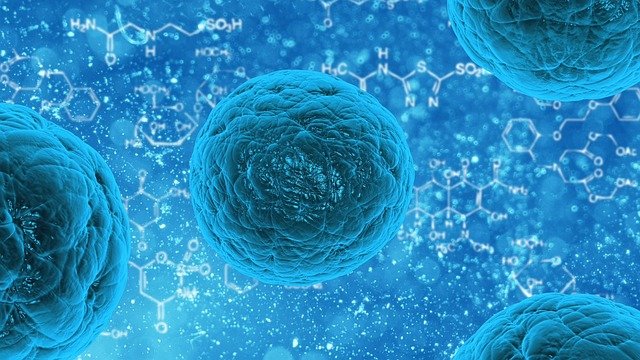An interesting article titled “Entamoeba gingivalis Causes Oral Inflammation and Tissue Destruction,” appears in the Journal of Dental Research written by X. Bao and et al. (vol. 99, no. 5, pp. 561–567, 2020). The article seeks to explore the protozoan Entamoeba gingivalis (E. gingivalis) in inflamed periodontal pockets.
In the article, the authors sought to validate the frequency of the Entamoeba gingivalis by analyzing the gums of 158 people with periodontitis and healthy controls using polymerase chain reaction and microscopy tests. A total of 107 of the people in the study were healthy controls while 51 had periodontitis. For those healthy control patients, E. gingivalis was detected in oral cavities in 15% of these patients. For those with periodontitis, E. gingivalis was detected in 77% of inflamed periodontal sites and 22% of healthy sites. The authors state
“In conjunction with abundant colonization of inflamed periodontal sites and the known resistance of Entamoeba species to neutrophils, antimicrobial peptides, and various antibiotics, our results raise the awareness of this protozoan as a potential and, to date, underrated microbial driver of destructive forms of periodontitis.”
The authors feel that the abundance of E. gingivalis in inflamed periodontal pockets suggests this niche is helpful for its survival and that the parasite might cause changes in periodontal pockets themselves to help the parasite thrive. The authors later state:
“…E. gingivalis should be perceived as a potent microbial driver of destructive forms of periodontitis… [p]racticing dentists should make sure that inflamed periodontal pockets and tissue are cleared of this protozoan.”
The authors feel that getting rid of the E. gingivalis parasite might help improve any periodontitis treatment effectiveness and improve patients outcomes for gum disease. This is because the E. gingivalis parasite penetrates gum tissue and feeds on host cells. The parasite invades the oral mucosa and destroys gingival tissue allowing for additional bacteria to proliferate. This worsens inflammation and causes tissue destruction,.Improving periodontitis treatment effectiveness can be helpful because it is associated with a greater risk of other diseases like arthritis, cardiovascular disease, and cancer. These associations have been discussed before on this site see for example Additional link between cardiovascular and periodontal disease and Periodontal Disease Can Lead to More Risk of Kidney Disease.

The authors also explored the gastrointestinal parasite E. histolytica that leads to a disease called amebiasis. The authors found parallels between E. gingivalis and E. histolytica as both have similar mechanisms of tissue invasion, destruction, and cause similar immune responses.
